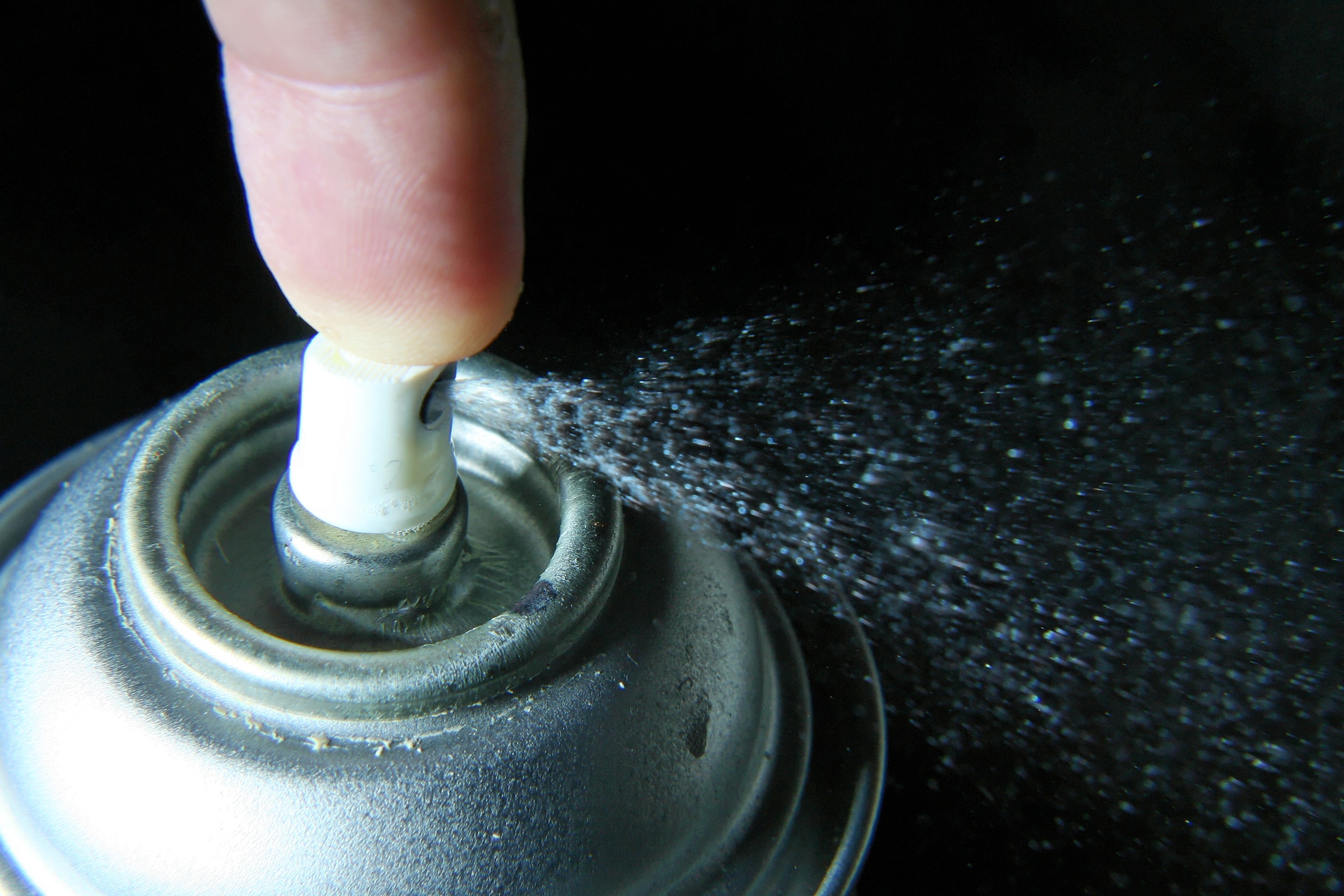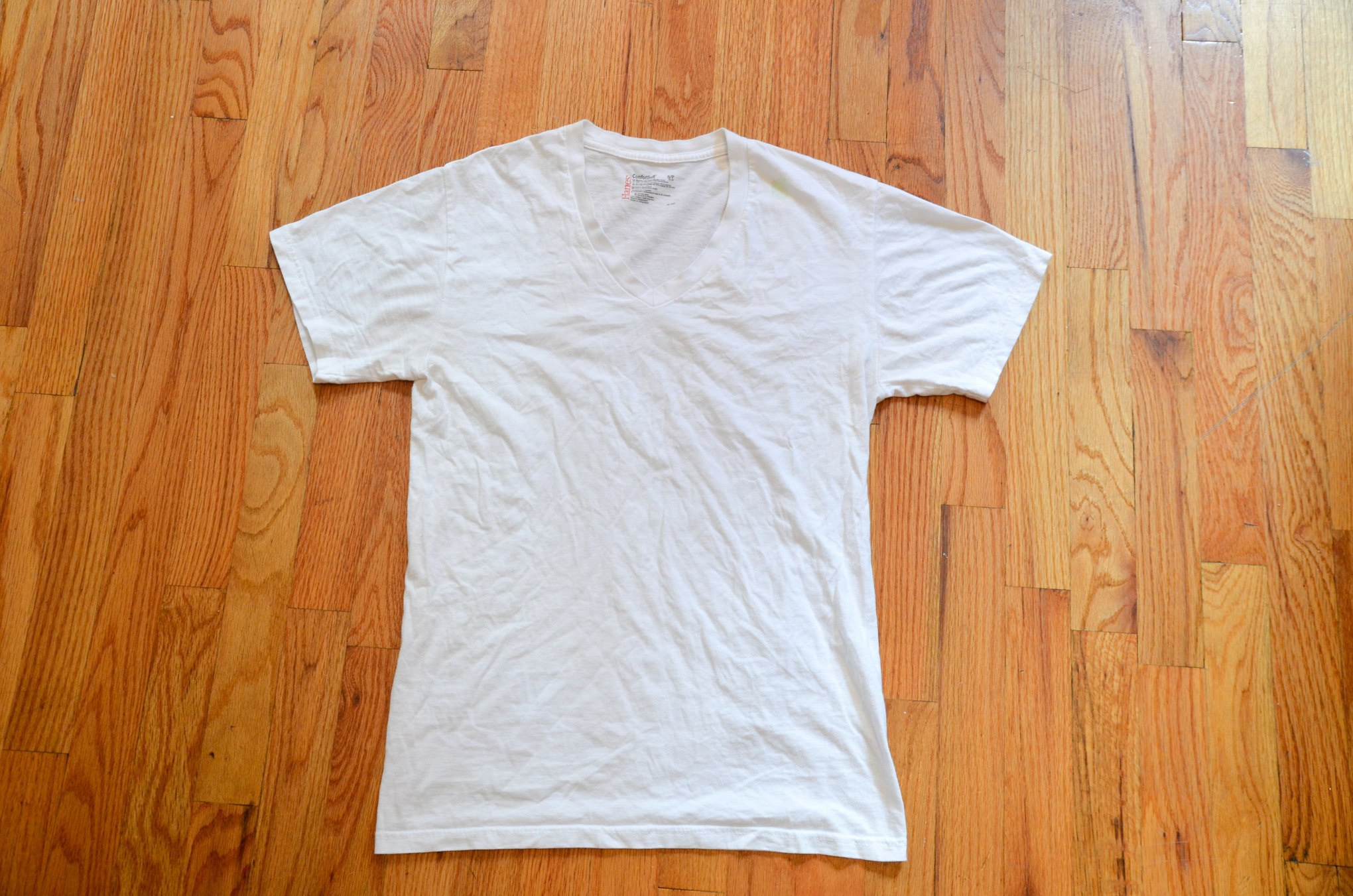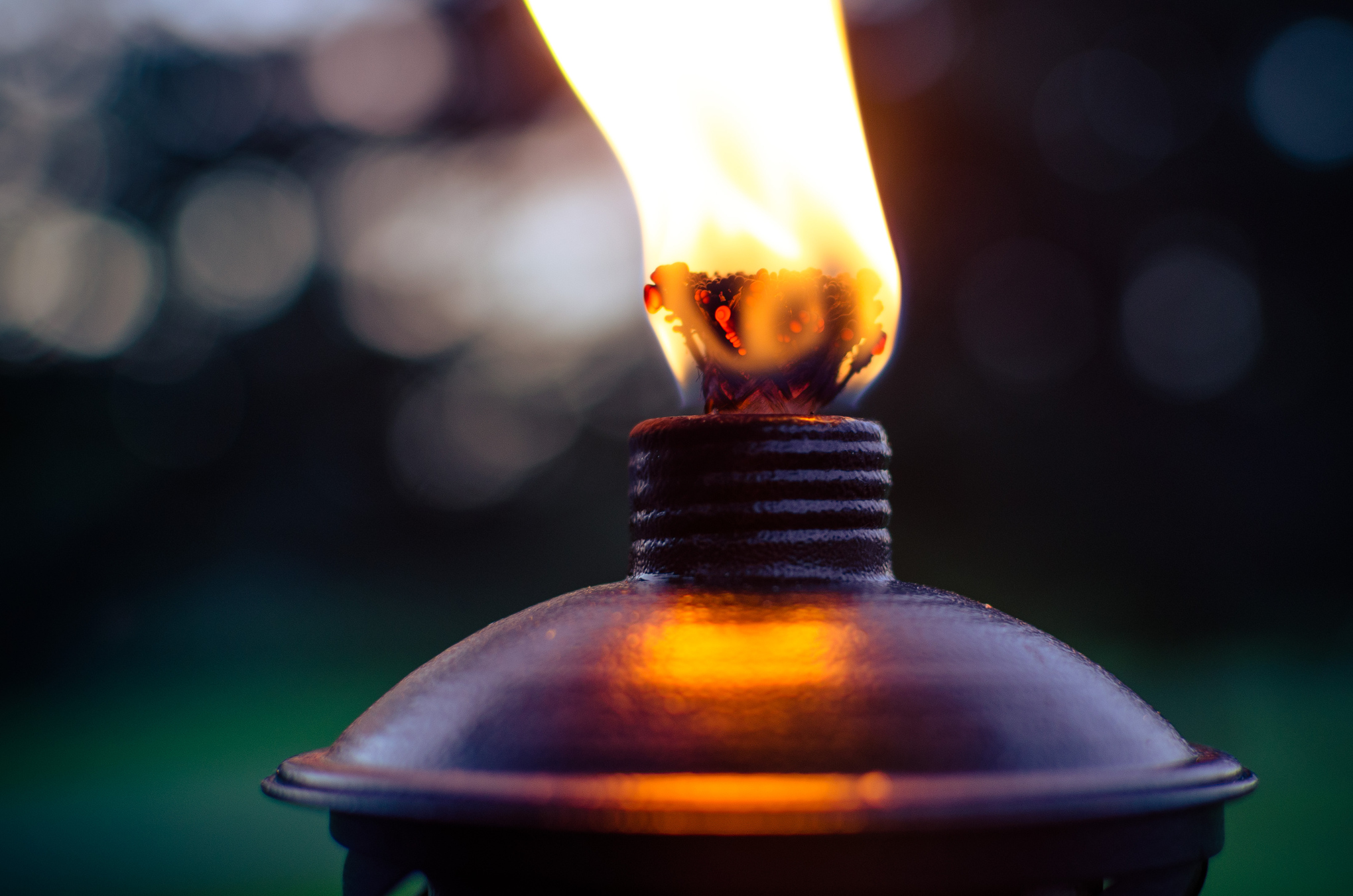/cdn.vox-cdn.com/uploads/chorus_image/image/36269404/Aedes_albopictus_on_human_skin.0.jpg)
No one likes getting mosquito bites. But for Jonathan Day, an entomologist at the University of Florida, they're an occupational hazard.
Day's work is modeling the risk of mosquito-borne illnesses such as West Nile virus in the state each year. As such, he spends lots of time out in the field in mosquito hotbeds, where his team will count as many as 100 of the insects landing on a person's leg within a minute. Years of closely studying their habits and preferences have led to his recommendations for minimizing bites.
Ultimately, the ideal strategy is not for the faint of heart: It involves standing alone in the corner of your next outdoor social event, perfectly still, wearing white from head to toe, abstaining from booze, and covering yourself in DEET.
Sure, people might call you a weirdo — but if you want to get as few mosquito bites as humanly possible this summer, here's what you need to do.
1) Cover up
"The number one thing I do is cover up as much skin as I can," Day says. The logic is pretty obvious: Mosquitoes can't bite through most fabrics, so covered skin is protected skin.
Pants, shoes, and a long-sleeve shirt might not be the ideal summertime attire, but Day notes that there are all sorts of light, breathable fabrics on the market nowadays that make covering up more tolerable.
2) Use repellent

"When I'm out in the field, I always use a DEET-based product or spray," he says, noting that he uses higher concentrations of DEET on his clothing and shoes and sprays a lower concentration (typically around 15 percent DEET) on his exposed skin.
The reason is that higher concentrations don't actually repel mosquitoes any more effectively — they just last longer, but the effect tends to level off around 30 percent. Although negative health effects from DEET are rare, they've occurred most often as a result of extremely high-level DEET sprays.
Milder plant-based repellents, which contain active ingredients like picaridin and eucalyptus, can work for some people, and Consumer Reports advises that you try them first. But ultimately, DEET has been found to be the most effective chemical we have at the moment for warding off mosquitoes.
3) Stay away from other people
One of the most important cues mosquitoes use to detect people (and, for that matter, all animals) is carbon dioxide, which we all emit as we breathe. And the gas is especially important for the insects as they approach potential hosts from a distance.
"As mosquitoes fly upwind and approach your backyard barbecue, the carbon dioxide from all the guests is blowing downwind, toward them," Day says. "This is their most important long-range cue."
From far away, it's much easier for them to detect and follow a heavy plume of the gas from a pack of people than the relative trickle of it from you alone — so on the whole, you'll be less visible to mosquitoes by acting antisocially, rather than standing in a group.
4) Wear light colors

(Stacie)
When mosquitoes get a little closer, they start using a different sense to detect people: vision.
"Mosquitoes fly low, a few inches above the ground, because at that level it's easier for them to see a silhouette against a background," Day says. "And for midrange detection, color becomes very important: Dark colors are much easier for them to see than light ones."
He recommends against wearing black or dark blue, and says that light colors and white are hardest for mosquitoes to spot.
5) Move as little as possible
There are a number of reasons movement and activity will make you more apparent to mosquitoes.
One relates to overall metabolism. "When mosquitoes get even closer — close enough to land — they mainly sense body heat, because it indicates where blood is closest to the surface, so they know where to feed," Day says. Engaging in more movement and activity generally raises your skin temperature, making you (and your blood-rich areas) stand out more easily.
Another reason goes back to carbon dioxide. "We release it through our nose and mouth as part of breathing, but we also release a lot through our skin," Day says. Both of these emissions vary partly based on movement and activity — when going for a run, for instance, you'll emit much more carbon dioxide as your muscles work harder and your heart beats faster, making you an easier target for the mosquitoes. So one way to minimize this factor is to move as little as possible and keep activity levels low when in a mosquito-heavy area.
Apart from carbon dioxide, there are a number of other chemicals — including octenol, lactic acid, acetone, and estradiol — that are naturally emitted by our bodies and further attract mosquitoes when blended with carbon dioxide. These, too, are produced at higher levels when we move more.
The final reason relates to mosquitoes' sense of vision. In addition to dark colors, they depend heavily on seeing movement, especially near ground level — so walking around will make you more visible than standing still.
6) Don't drink

Several experiments have shown that drinking alcohol also makes people more attractive to mosquitoes — in one study, this was true when participants drank just a single beer. The reasons still aren't entirely clear, but it might be related to the way alcohol increases blood flow to the skin.
Whatever the root cause, the message is simple: More alcohol means more mosquitoes. Sadly, this means cutting down on your intake during summertime shindigs if you want to minimize your exposure.
7) Don't be pregnant
Mosquitoes discriminate. A few trials have found that mosquitoes bite pregnant women about twice as often as non-pregnant women.
The reason is fairly straightforward: Pregnant women, on the whole, exhale more carbon dioxide and have warmer body temperatures than non-pregnant women, simply due to the enormous metabolic work involved in growing another human being. One of the studies estimated that they exhale about 21 percent more air and have skin temperatures about 1.26°F warmer, on average.
8) Don't rely on citronella

Ultimately, DEET is the best chemical we have for repelling mosquitoes — and plants or candles containing citronella oil, experts say, are way less effective.
Although experiments have found isolated citronella oil to be a mosquito repellent, expecting a lemongrass plant (the variety of plant that naturally produces the oil) alone to repel the insects probably won't work, as the leaves need to be crushed up to fully release the oil. Citronella candles can be inconsistent, because the oil just gets pushed in whatever direction the wind is blowing.
Setting up candles or tiki torches outside might help repel mosquitoes slightly, but in mosquito-heavy areas, it's not a substitute for putting repellent directly on your clothes and skin.
9) Win the genetic lottery

Unfortunately, a big part of the reason some people get more mosquito bites than others comes down to genetics.
"One reason, we know, is that people vary greatly in their metabolic rates — and the higher the metabolic rate, the more carbon dioxide you're releasing," Day says. "People also naturally vary in the amount of the secondary attractants they release."
There's also some evidence that blood type may be an important variable: One study found that people with Type O blood are nearly twice as attractive to mosquitoes as people with Type A, although its results have been disputed.
Additionally, some people are just more sensitive to bites. "You can have a bunch of people getting the same number of bites, and some will just feel that they've been unfairly targeted," Day says. Children, on the whole, tend to get higher levels of inflammation and itchiness after being bitten. Most adults have a less severe reaction, but there are some who have hypersensitive immune reactions to mosquito bites too.
Ultimately, there's not a ton you can do to alter any of these factors. It's believed they're heavily dependent on genetics — so one of the key reasons you might get more bites than a friend nearby is totally out of your control.
Update: Some readers pointed out an additional strategy that might help with mosquitoes — turning on an electric fan. Although Day didn't mention it specifically, other experts have noted that mosquitoes have trouble flying directly into the wind generated by a fan, and it can also disrupt the plumes of carbon dioxide we emit. This has been confirmed in one experiment so far — suggesting that electric fans might be a useful addition to the optimal anti-mosquito strategy.